The importance of being vaccinated

Claire Kisielnicki is an editor-in-chief for The Prospector. This is her first year on staff.
November 8, 2021
On May 15, 2021, I got my first Pfizer vaccine for COVID-19.
As a part of the younger generation, I feel an obligation to protect the older generations as well as generations to come.
This is why I decided to get the vaccine for COVID-19. I wanted to guarantee that not only would I be safe from the virus but also that my family would be safe.
Herd immunity is a vital way to protect people from a virus, and getting the vaccine is a way to create herd immunity without thousands of people dying. Herd immunity is the resistance to the spread of an infectious disease within a population that is based on pre-existing immunity of a high proportion of individuals as a result of previous infection or vaccination.
Immunization allows your body to fight off the virus, including mutations. A variant of the virus can be transmitted easier than the original virus, and being vaccinated can lessen the amount of time that it is possible to spread different variants.
Although the vaccine is new, studies on different strains of Coronaviruses have been conducted for many years now. This past knowledge means that the development of the Covid-19 vaccine could be sped up. Knowing that there is past knowledge of this type of virus makes me feel more comfortable with the fast development of the vaccine.
When a person first gets the vaccine, there is a possibility that you will experience mild Covid symptoms. This is normal as it is the human body building immunity against the virus. Instead of dosing a small amount of the virus, the vaccine uses mRNA to teach our cells how to make a protein that will trigger an immune response inside our bodies.
When someone gets a virus, as their body fights it off, it creates memory cells that allow the immune system to remember how to fight off the virus if it comes back. The Covid-19 vaccination provides the memory cells without actually getting the virus. Studies have shown that participants still had memory cells to fight off the virus after six months of being fully vaccinated.
The FDA regulates vaccines. On December 11, 2020, the FDA issued an Emergency Use Authorization (EAU); this is different from a vaccine approval. When the FDA issues an EAU, they do an assessment of all evidence and potential risks or benefits of a vaccine and determine if there is enough scientific evidence to make it available to the public. Knowing that scientists and members of the FDA are doing everything they can to ensure that the vaccine is safe before issuing it as an EAU shows that it was not just pushed through, and people are making sure it is okay to use.
I feel it is also essential that people research something before they make a decision about it. Before I got my vaccine, I heard misinformation from people on the internet and in classes. This made me question the vaccine and fear it was not a good idea anymore.
I decided to do research on the vaccination and make my decision based on factual research on government-approved websites such as the CDC rather than information on social media. After doing research, it calmed my nerves, and everything I heard turned out to be false.
Although the FDA approved the vaccine for people ages 16 and up on December 11, 2020, Coloradans 16 and up were not eligible until April 2nd, and by April 19, all states in the country approved eligibility for people 16 and up.
So even though December 11th seems very early and rushed, states took the proper precautions to make sure they felt comfortable allowing the vaccine through to younger people.
For many years vaccines have been the commonplace method to prevent disease. Politics should not have an impact on a person’s decision to be vaccinated, and the most important thing is the science behind the facts.

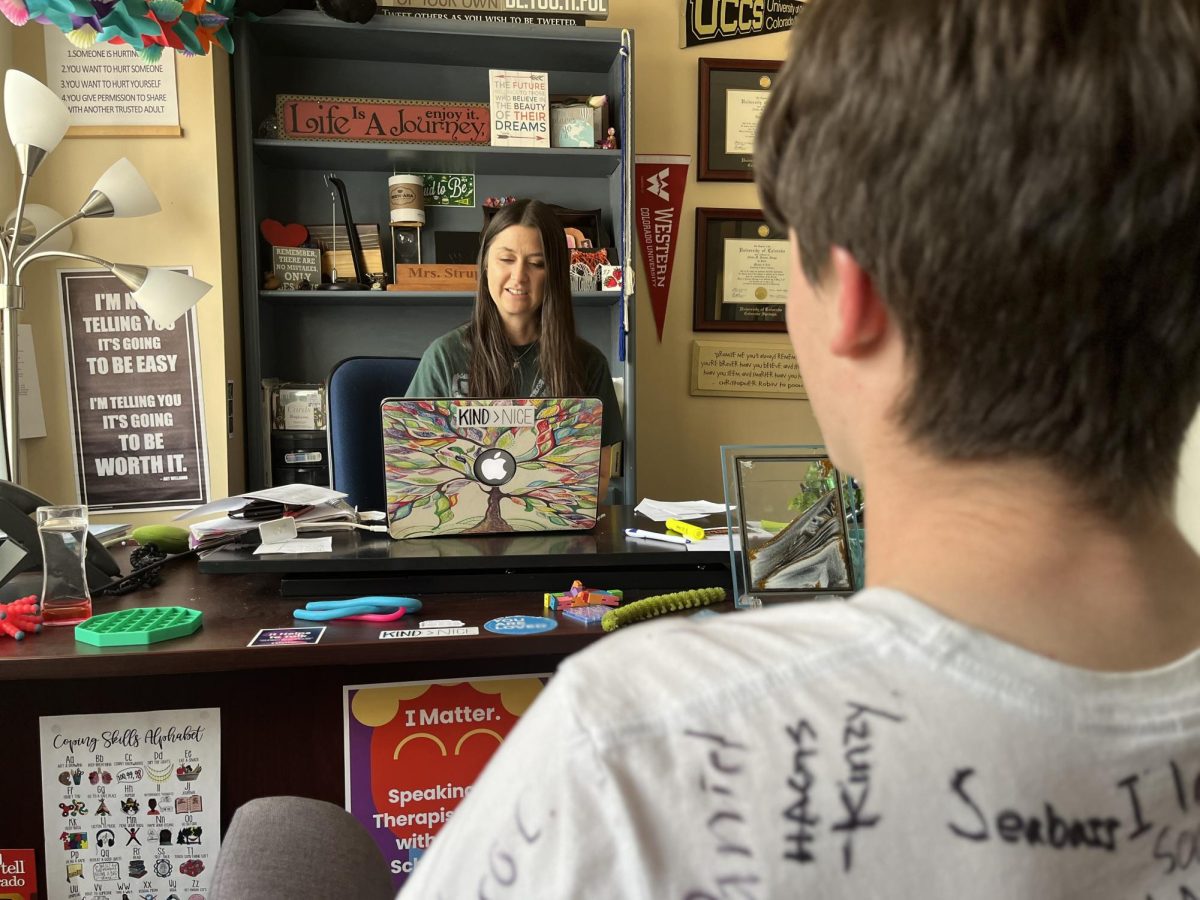
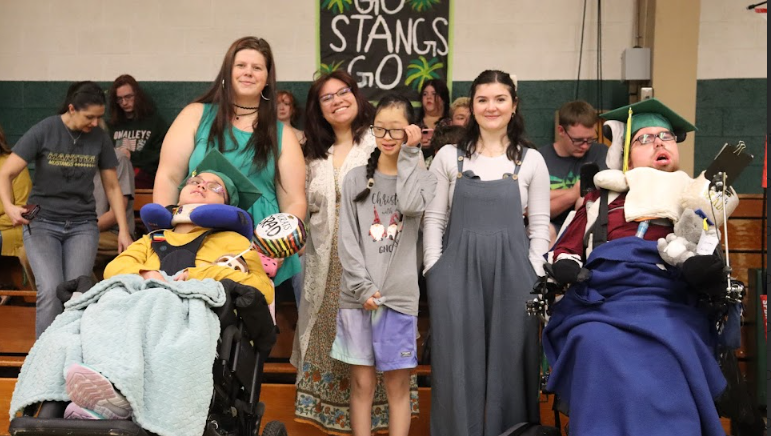
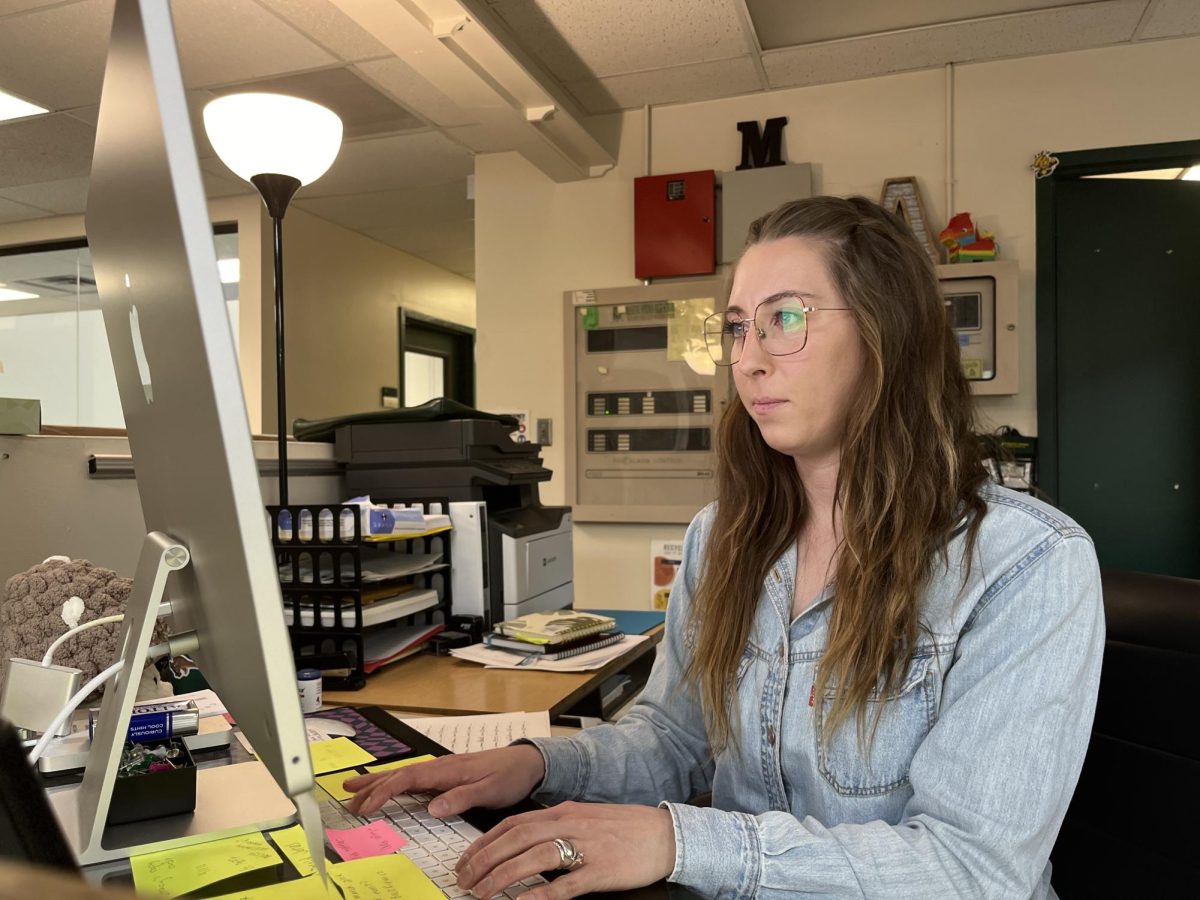

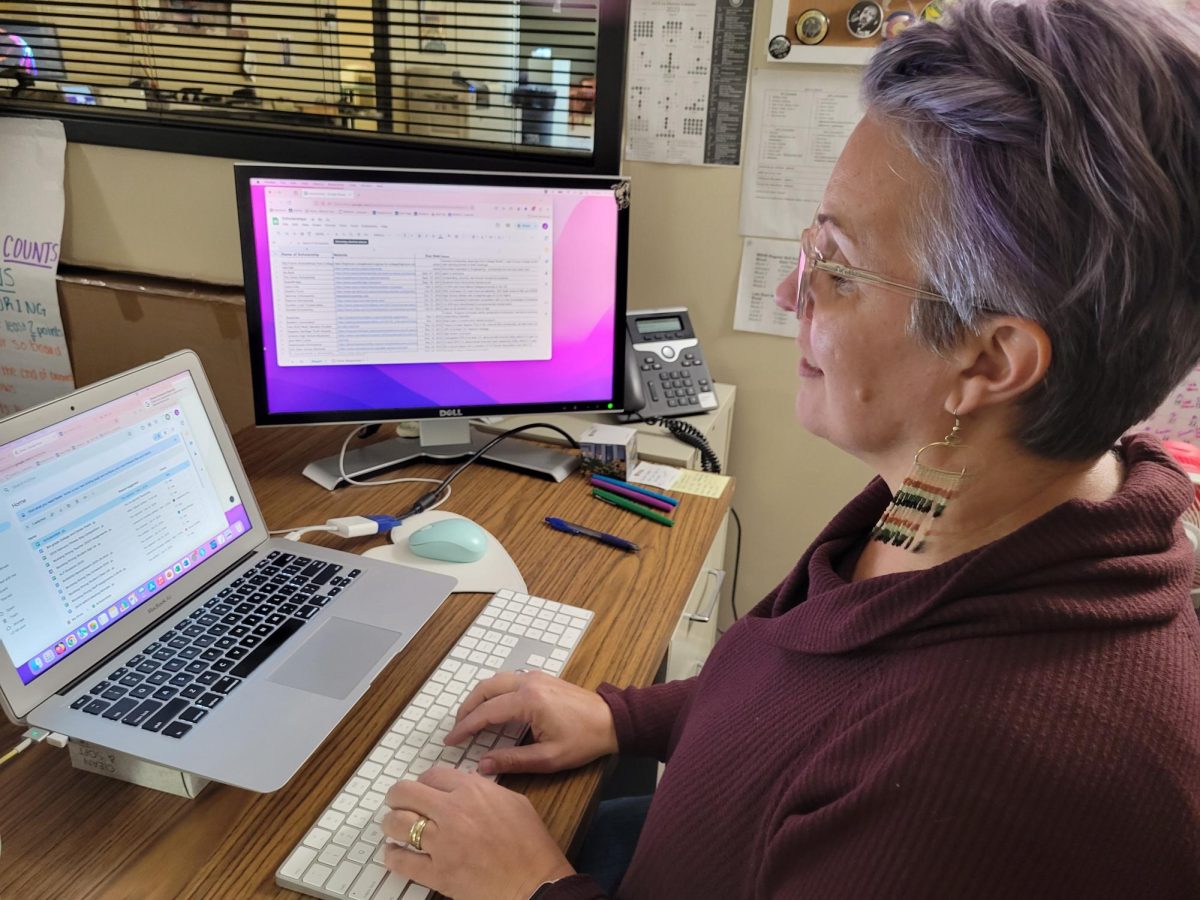
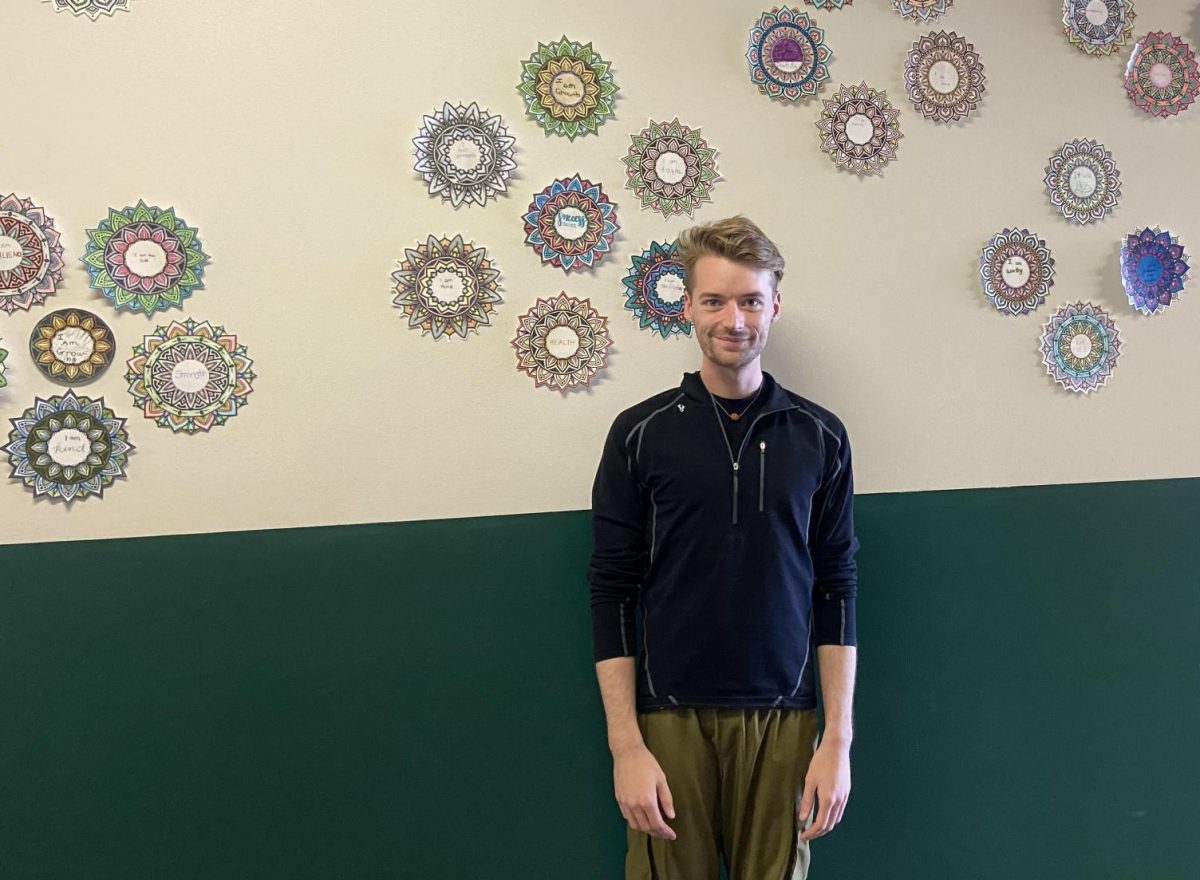


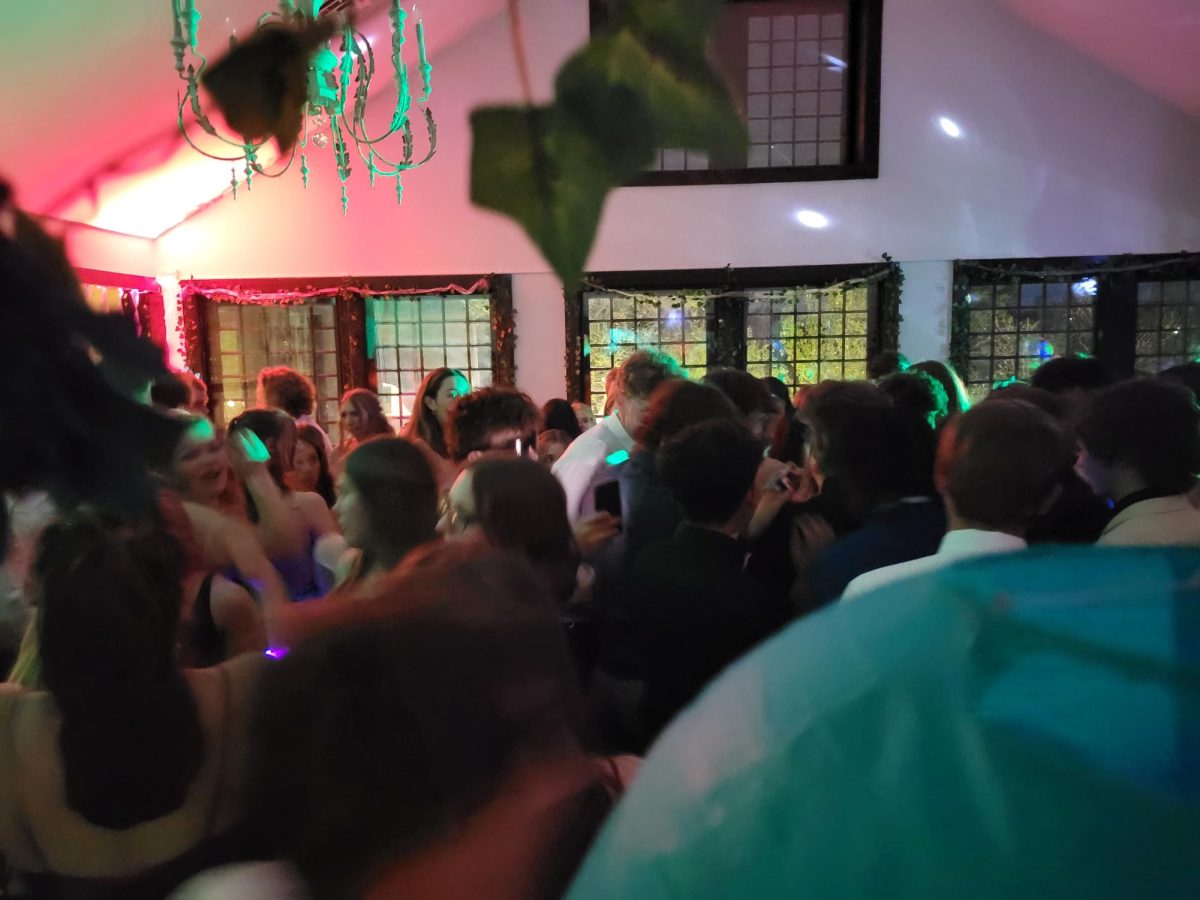
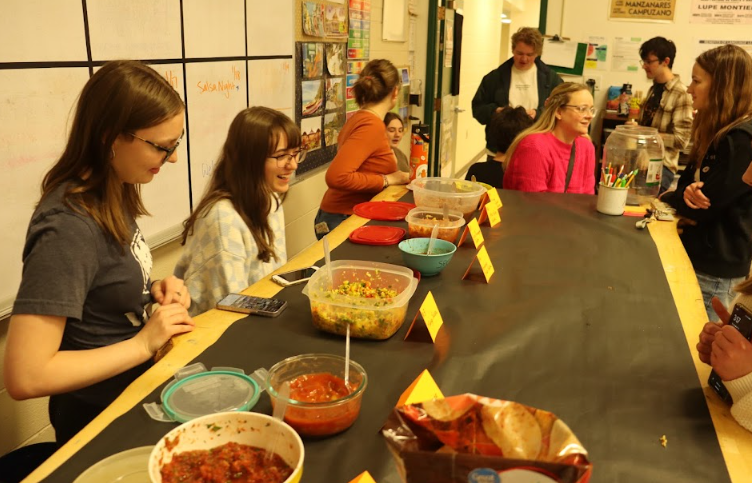
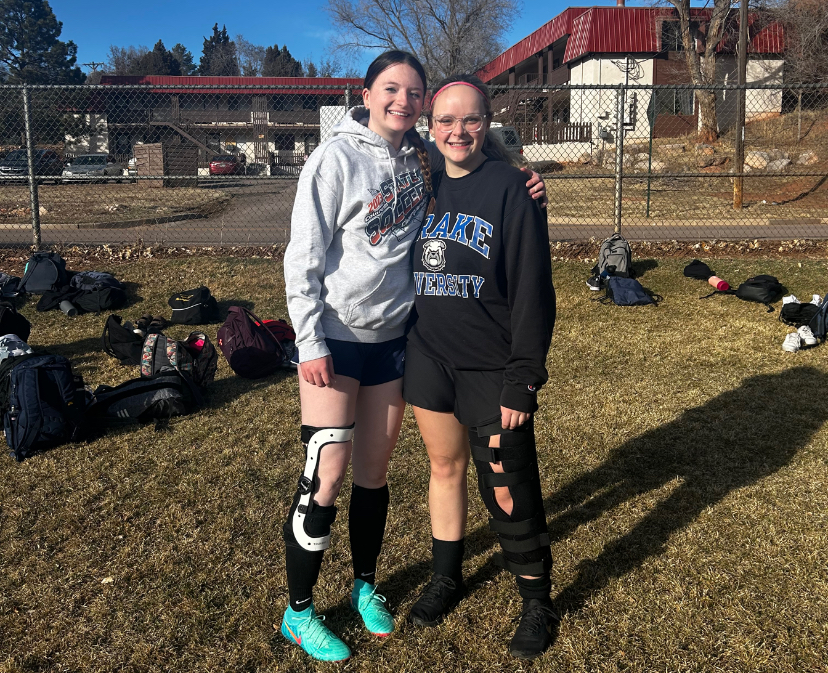

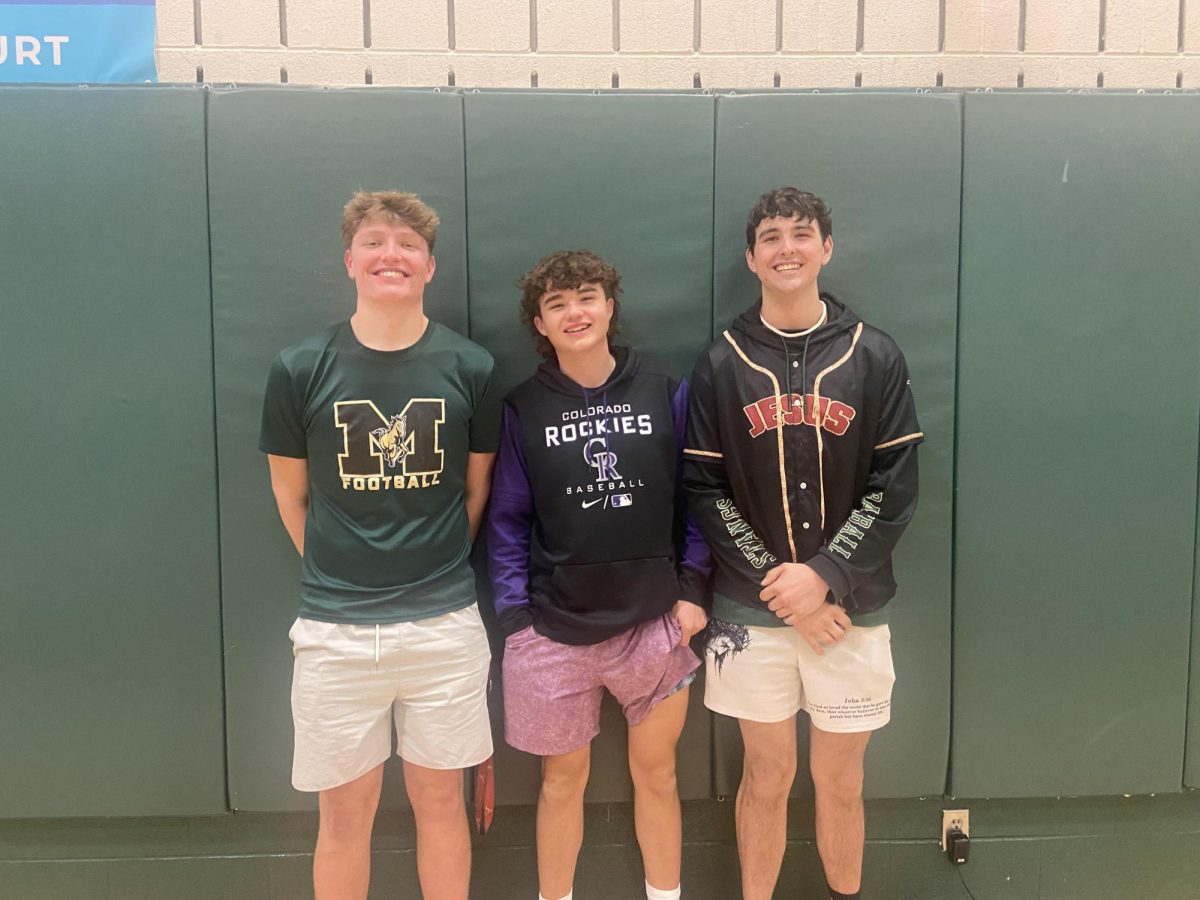



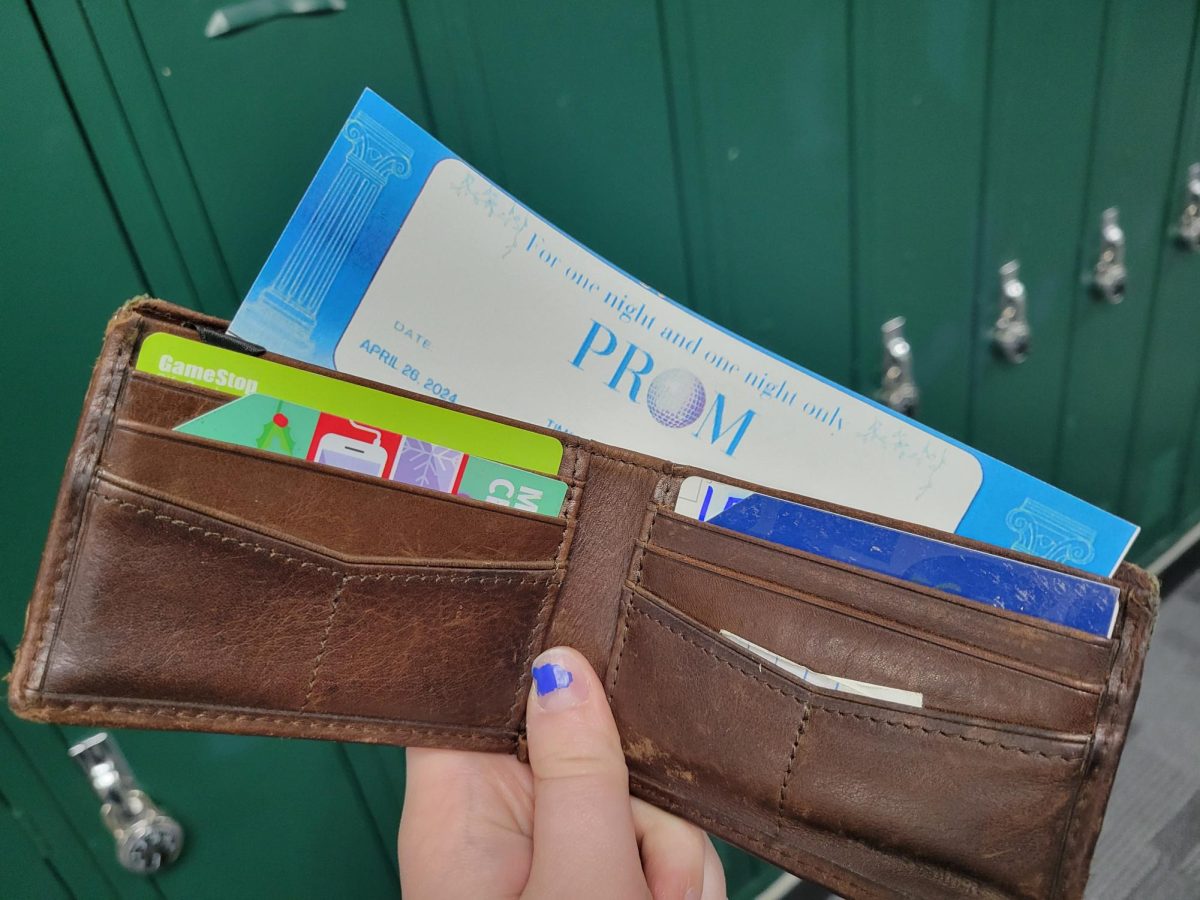
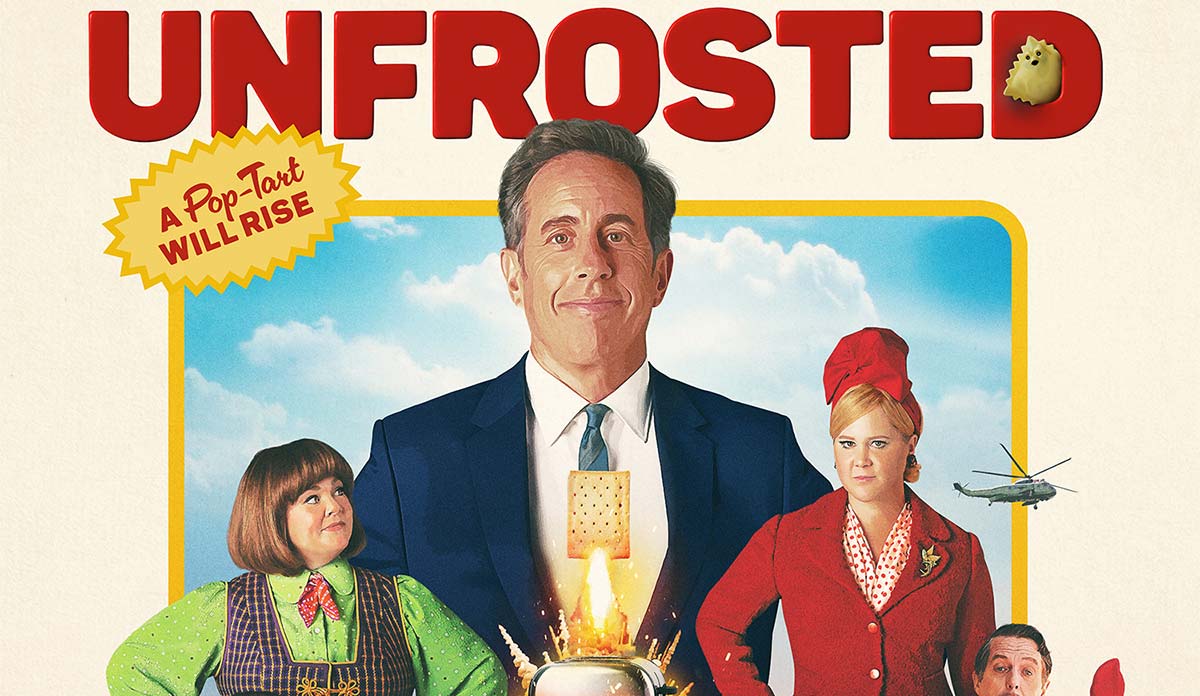




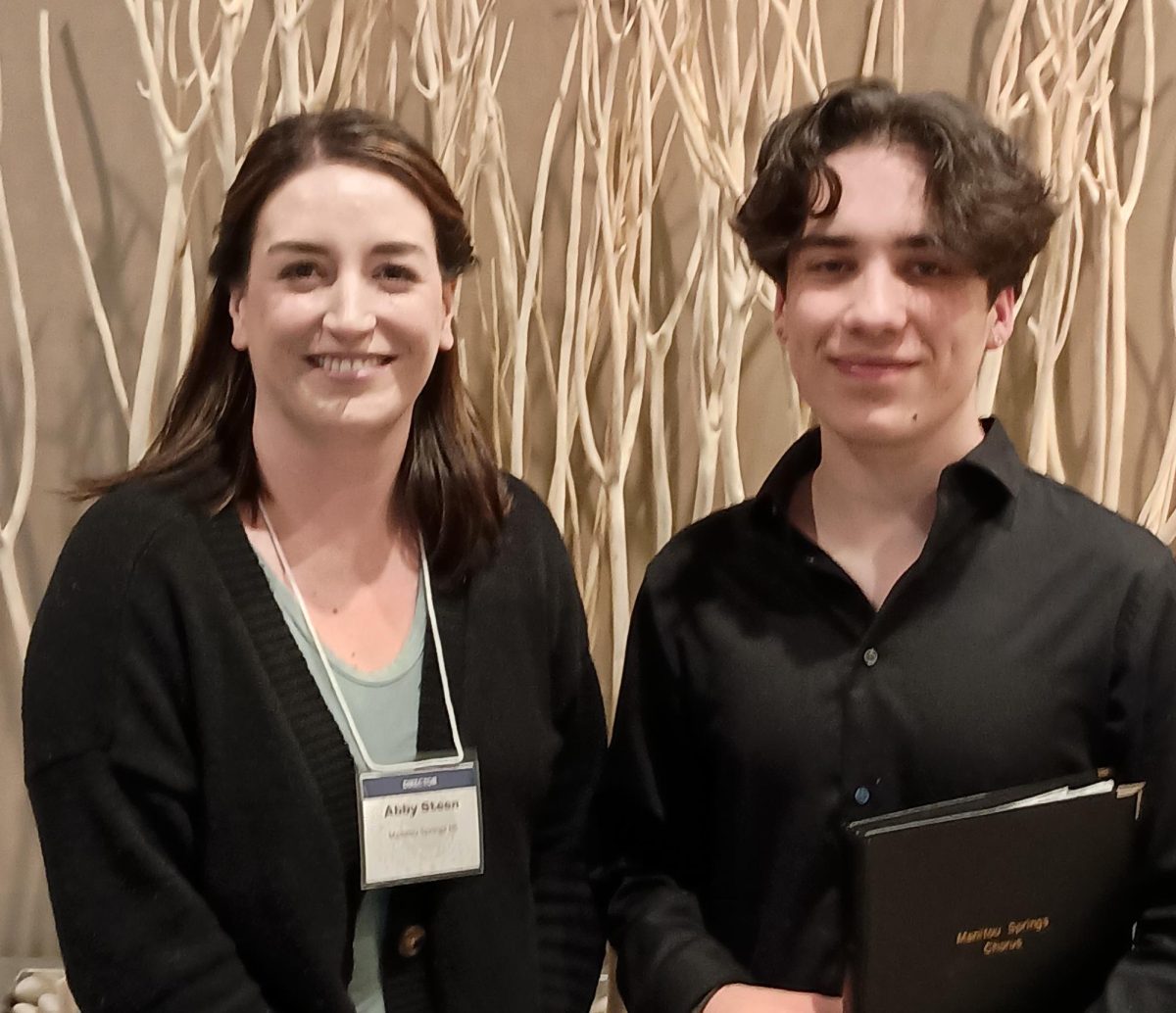













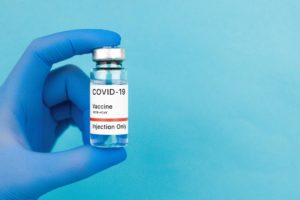









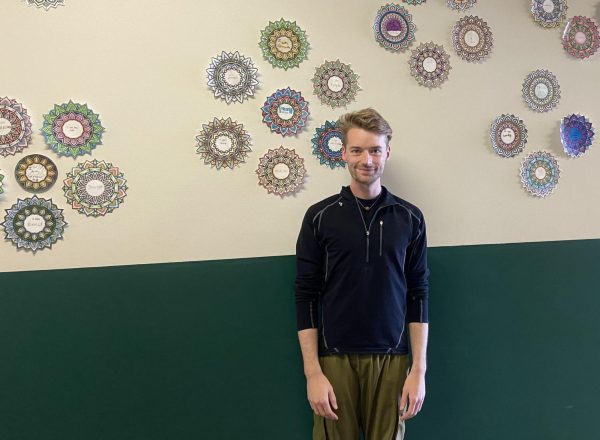

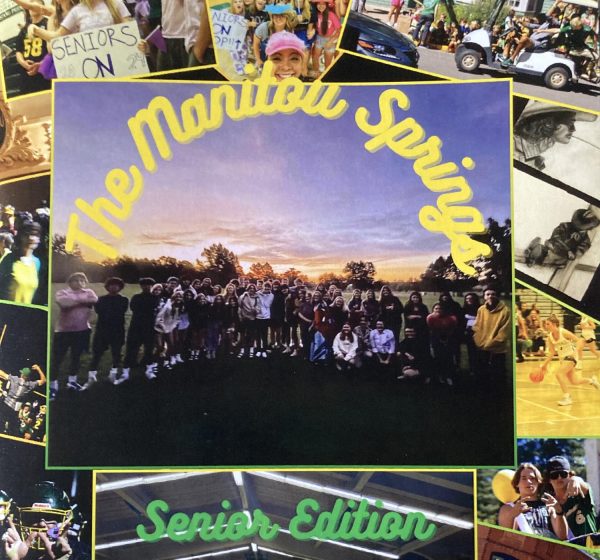
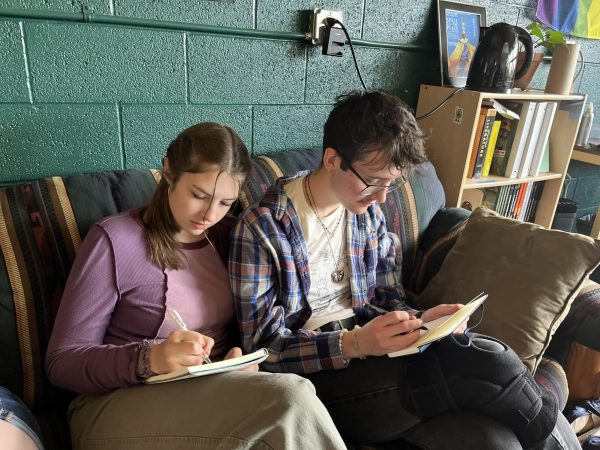
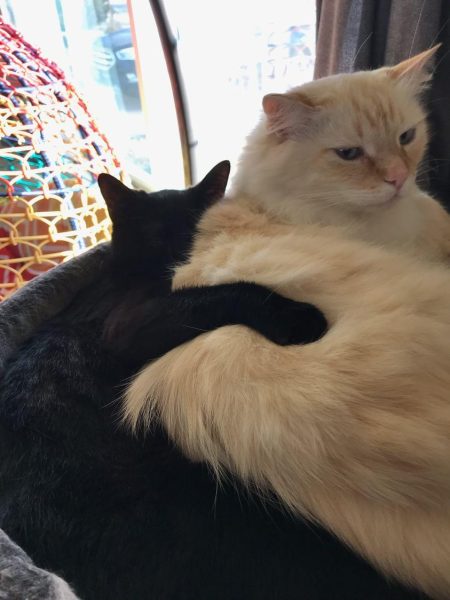

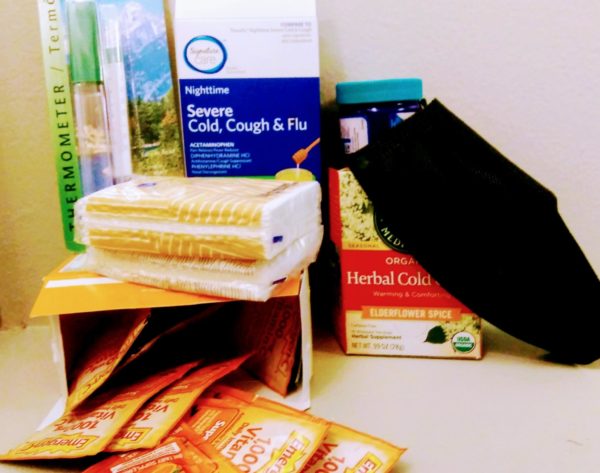



Cynthia Kisielnicki • Nov 8, 2021 at 8:50 pm
Bravo Claire!! Well researched, articulately presented, and the personal perspective was genuine. Very well done.